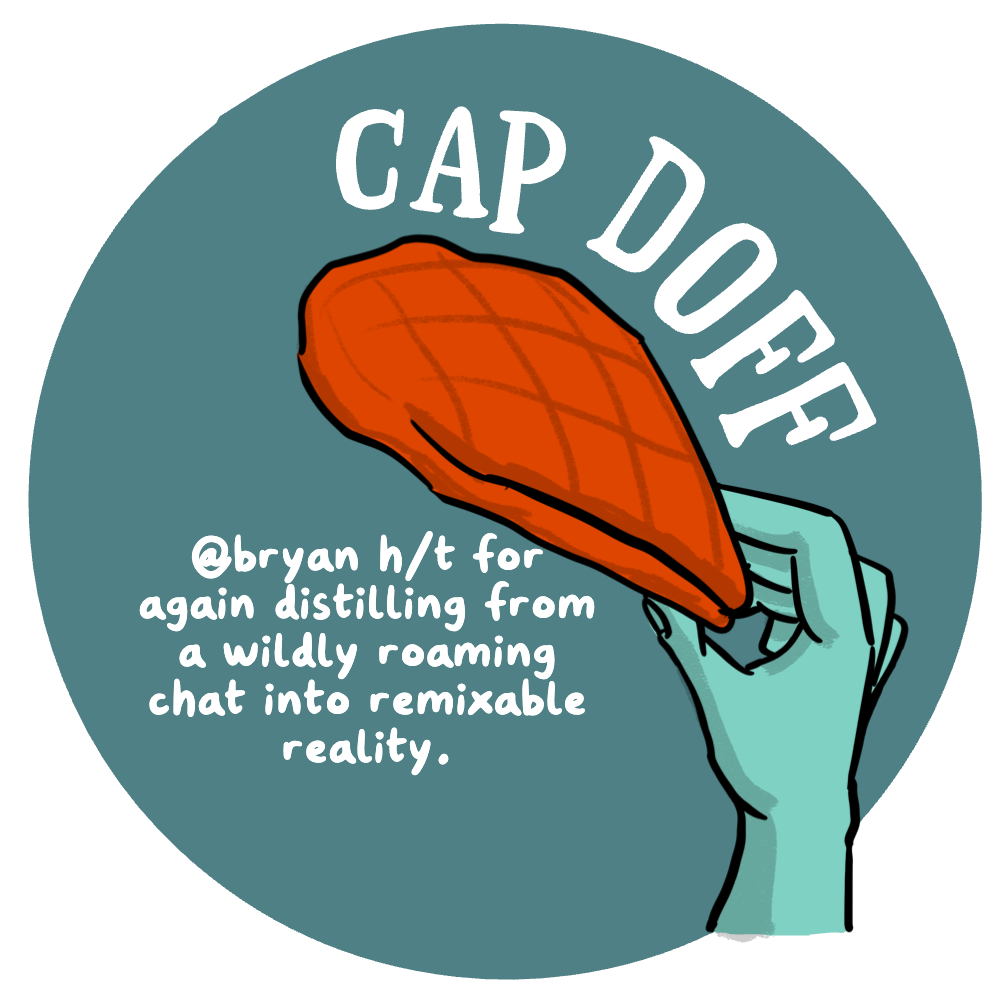Over the last week of September, the international Open Education community attended OEGlobal21. And what an enriching and inspiring experience it was …
OEGlobal21 is the online component of the Open Education Global 2021 & 2022 Nantes Conference series that is co-hosted by Université de Nantes, France, and is entirely dedicated to the implementation of the UNESCO OER Recommendation action areas – Capacity Building, Policy, Access, Sustainability, and International Cooperation.
As a global conference, it was of vital importance to the organizing committee that the conference be multilingual. With this in mind, the program committee curated an exciting, complex multi-access program after a call for submissions in 6 languages.
OEGlobal21 launched with the UNESCO Dynamic OER Coalition session (hosted by UNESCO) and thereafter was packed with scheduled webinars and interactive activities and presentations that were accessible at any time.
OEGlobal21 a nutshell:
- 540 registered attendees from 54 registered countries
- 294 presenters, speakers, rapporteurs, and session chairs
- 43,212 pages viewed by over 9,898 non-registered visitors from 92 countries
With each day focusing on one of the 5 action areas, the program pivoted around 24 scheduled webinars across multiple time zones that ensured coverage of Open Education in action from Taiwan to Mexico, South Africa to Norway. Each of the scheduled webinars was dedicated to one of 5 of the 6 official UNESCO languages (English, Spanish, French, Arabic, and Chinese). Collectively the webinars incorporated 90 sessions and were accompanied by 14 anytime access presentations, 29 interactive sessions, and 9 socially-focused activities, and countless unscheduled sessions and interactions. Each session was aligned to the UNESCO OER Recommendation action area that they best represented. Together, the varied program was dedicated to showcasing the increasingly complex and diverse open education solutions around the world and categorized according to the UNESCO OER Recommendation action area they best represented.
Beyond the incredible diversity of approaches, collaborations, solutions, and projects being shared, deliberated and celebrated, there were also social activities that ensured attendees could connect on a more personal level – whether visually celebrating their location in the world, sharing #openpetagogy pictures, and wowing the community with unexpected talents!
There were so many high points across the conference week, but the finale of the conference was the declaration of the winners of the first category of 2021 Open Education Awards for Excellence on Friday, 1st Oct. Each of the presenters at OEGlobal21 was hailed as a winner of the UNESCO OER Implementation award. As Marcela Morales, OEAwards manager and Director of Community Relations at OE Global stated:
“While the awards have traditionally highlighted specific individuals, resources, and practices, on this special occasion we want to acknowledge the collective impact of the community. Together we stand for a world of openness where every open education practitioner, supporter, advocate, and enthusiast from around the world has made a difference.”
OEGlobal21 was hosted on the bespoke global open education community platform, OEG Connect with every session recorded and documented, and free to access. Built as a space for discussion and collaboration, the conference ‘archives’ has now become a valuable Open Education Resource (OER) in itself – forever open to educators and enthusiasts to return to, comment on, and build on, whenever they need to. All webinars were recorded and are available on YouTube and on its session page on OEG Connect.
OE Global would like to thank every one of the sponsors, presenters, session chairs, rapporteurs, and attendees – as well as the co-hosts and program committee – for collectively making this such a successful conference!
What’s next?
As the count down to OEGlobal22 in Nantes, France in May 23-25 next year begins, there are a number of bridging activities that have been planned.
- Open Education Awards for Excellence 2021 award winners will be announced every two weeks until the 10 year anniversary of the awards in December. Find who has won and what to expect here.
- Open Education activists were asked to review the conference as OEGlobal Rapporteurs in light of the UNESCO OER Recommendations – read the Rapporteur reports here.
- On OEG Connect, there will be a number of Annotation Sprints where the UNESCO OER Recommendation is enriched and linked to current international Open Education activities and practices. See how to get involved here.
- Let us know what the UNESCO OER Recommendation Action Areas mean to you – over the next 3 months, we will be asking the open education community to share their expectations of the UNESCO OER Recommendation Action Areas. Share your thoughts about the UNESCO OER Recommendations.
Keep up with everything OEGlobal. Subscribe to our newsletter or follow us on social media.

